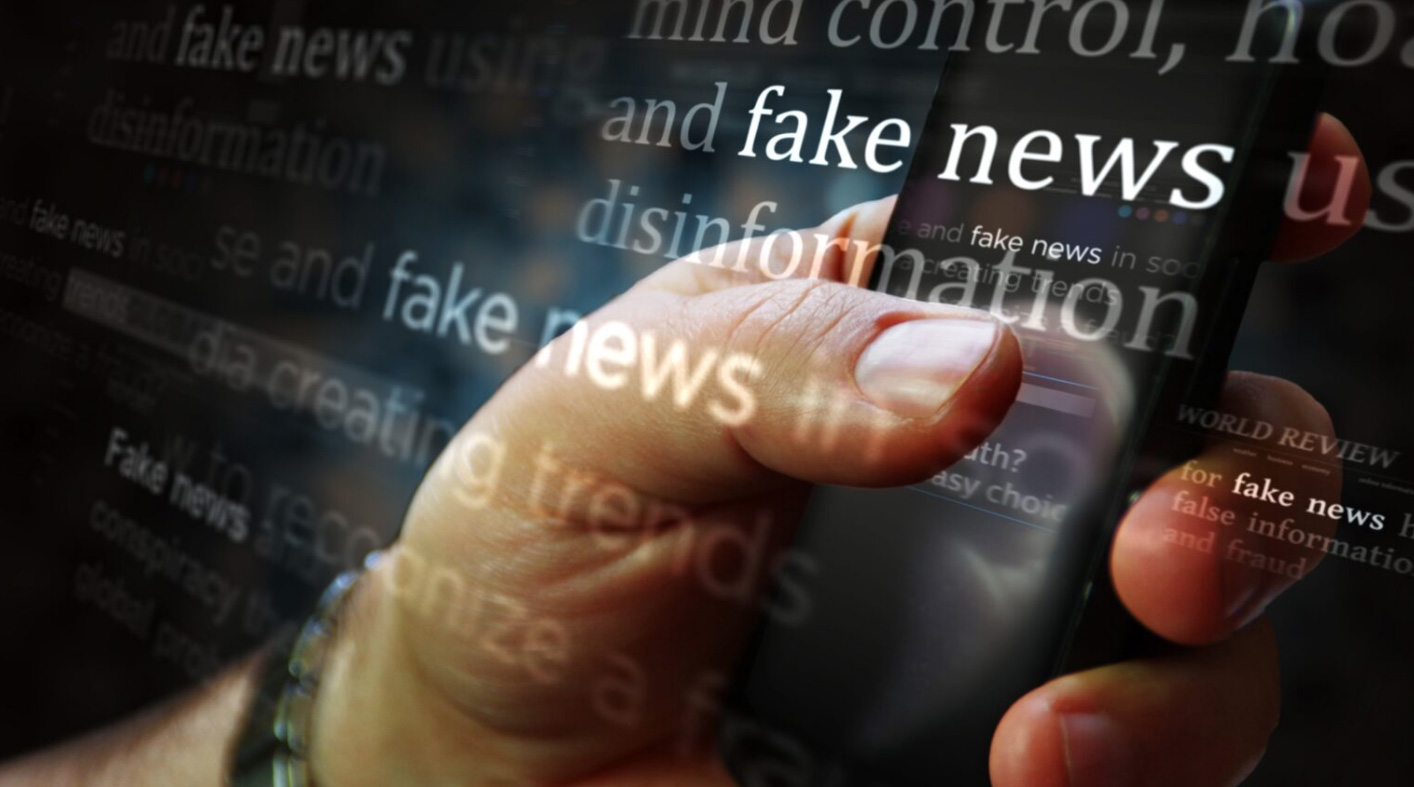Courtesy of JTA Photo credit: Getty Images
(JTA) — A Russian disinformation campaign targeted Israel and American Jews in a bid to weaken support for Ukraine, including by creating a fake version of a Jewish newspaper, the U.S. Department of Justice has announced.
The sites and accounts aimed at Jews were part of a broader Russian propaganda effort that involved 32 internet domains and stretched into Mexico and Germany as well as the United States and Israel. According to a Justice Department statement, the campaign had the “aim of reducing international support for Ukraine, bolstering pro-Russian policies and interests, and influencing voters in U.S. and foreign elections, including the U.S. 2024 Presidential Election.”
The FBI’s Philadelphia Field Office is investigating this case, which the Justice Department announced on Thursday as part of a broad effort to head off potential Russian influence in the U.S. election in November. U.S. intelligence officials have assessed that the Russians want Republican Donald Trump to win.
According to an affidavit by an anonymous FBI field agent, the campaign included instructions for a plan called “The Comprehensive Information Outreach Project in Israel (and also Jewish Community Outreach in the US).”
Those plans, according to the field agent, disseminated Russian propaganda across multiple web domains, including some that mimicked genuine news websites, such as the Washington Post and the Forward, a Jewish publication (and syndication client of the Jewish Telegraphic Agency).
The campaign included “Work with Israeli influencers,” activity across online platforms and “an operation involving the widespread posting of social media comments impersonating Israelis,” according to the affidavit.
An attached five-page memo said that Israel’s deep political polarization, primarily over the right-wing government’s proposed judicial overhaul last year, made the country especially susceptible to Russian influence operations. The goal, the memo said, was to “rip Israel out of the general Western anti-Russian agenda,” in part by portraying Ukraine’s government and its Jewish president, Volodymyr Zelensky, as neo-Nazis — an allegation Russia has peddled since invading Ukraine in 2022.
“Under current circumstances, these goals could be achieved in a relatively short term, relying on forces that in fact exist within the country as well as in the Jewish diaspora in the United States,” the memo said. “Based on this, the key indicator of the effectiveness of the project will be an increase in the number of Israeli citizens supporting Russia in the fight against Nazism.”
The plan also laid out exactly how often its team should post on different platforms: memes or caricatures should be posted three times a day, while video clips should be shared three times a week. And it hoped its work in Israel would ripple out to exacerbate divisions among American Jews.
“It is also obvious that the Jewish population of the US is divided with regards to the issues of Ukraine and Israel, just as the population of Israel itself,” the document says. “Influencing the public opinion of Israel will impact the public opinion of Jewish voters in the US prior to the 2024 Presidential Elections.”
This is not the first time Jews have been ensnared in Russian disinformation efforts. A 2020 study found that Russian trolls played a role in stoking antisemitism during tense moments in the United States. Investigations of Russian interference in the 2016 election often embroiled Russian Jewish oligarchs as well as figures such as Jared Kushner, Donald Trump’s son-in-law and adviser.
Russian campaigns have continued to rattle Jews: During the Paris Olympics, a viral video seemed to show a Hamas fighter threatening “rivers of blood” at the games. It was in fact produced by a Russian disinformation outlet.





